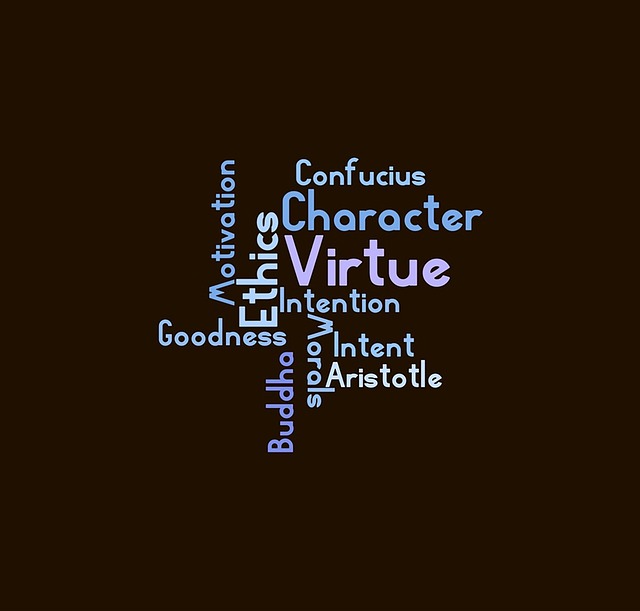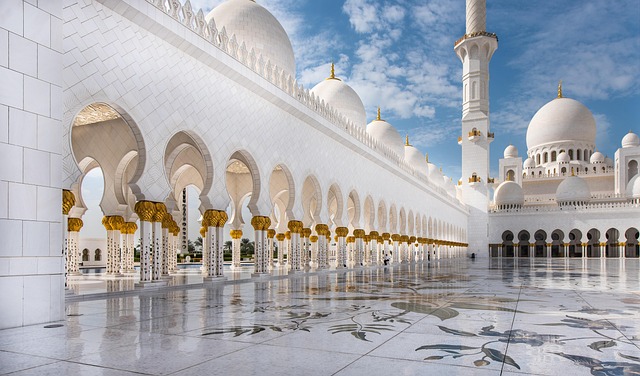In our complex world, the interplay between morality and religion often evokes deep feelings of curiosity, conflict, and reflection. As we navigate our daily lives, the principles we uphold stem from a blend of cultural influences, personal experiences, and often, the tenets of religious beliefs. Morality, in its essence, reflects our ideas of right and wrong, good and evil, and shapes our actions and decisions. Meanwhile, religion provides a structured framework through which many interpret these moral beliefs.
Throughout history, religion has been a pivotal source that informs moral codes. Many individuals find solace and guidance in spiritual teachings that clarify moral dilemmas. For example, the Ten Commandments in Christianity provide explicit guidelines on how to live a moral life. Similarly, the Five Pillars of Islam establish a foundation for ethical behavior among followers. These religious doctrines not only seek to guide believers in their personal lives but also foster a sense of community through shared values.
However, it’s important to acknowledge that morality is not solely derived from religious beliefs. As society evolves, many argue that morality can stand alone as a secular construct, forged through reason, empathy, and collective human experience. The Enlightenment brought about a significant shift in how people perceived morality, with philosophers like Kant emphasizing the importance of rationality and personal autonomy. This perspective opened doors for individuals to develop moral frameworks independent of religious influence, igniting debates on what constitutes right and wrong in a rapidly changing world.
The intersection of morality and religion is further complicated by the diversity of beliefs that exist today. Different religions present varying moral landscapes, and within each faith, interpretations can differ drastically. This richness, while beautiful, also leads to moral conflicts. For instance, practices accepted in one culture might be deemed immoral in another, raising critical questions about universal morality. How do we find common ground amidst these differences? Can there truly be an objective moral standard that transcends cultural and religious boundaries?
As individuals grapple with these profound questions, the role of personal experience becomes increasingly relevant. Many of us have faced moral dilemmas that challenge our beliefs, pushing us to reevaluate the teachings we’ve received. The journey of reconciling religion and morality can be deeply personal, often leading to a range of emotions—confusion, frustration, and ultimately, a stronger sense of self. This exploration can foster a sense of belonging, as individuals seek others who share similar struggles or beliefs.
In contemporary dialogues, topics such as social justice, environmental responsibility, and human rights are increasingly influenced by the moral compasses shaped by religion. Movements led by faith-based organizations highlight how religious beliefs can inspire action toward greater good. Conversely, these same issues can provoke moral outrage when actions are taken that seem to contradict the very principles that religion espouses.
Understanding the dynamic relationship between morality and religion invites us to explore our values deeply. It encourages empathy and dialogue as we navigate our differences and seek to find commonality. Ultimately, reflecting on our moral frameworks—and recognizing how they may be influenced by religious teachings—can lead us to a richer, more nuanced view of humanity. In a world that often feels polarized, engaging with morality through the lens of religion can be a path toward deeper connections and understanding across various cultures and beliefs.


